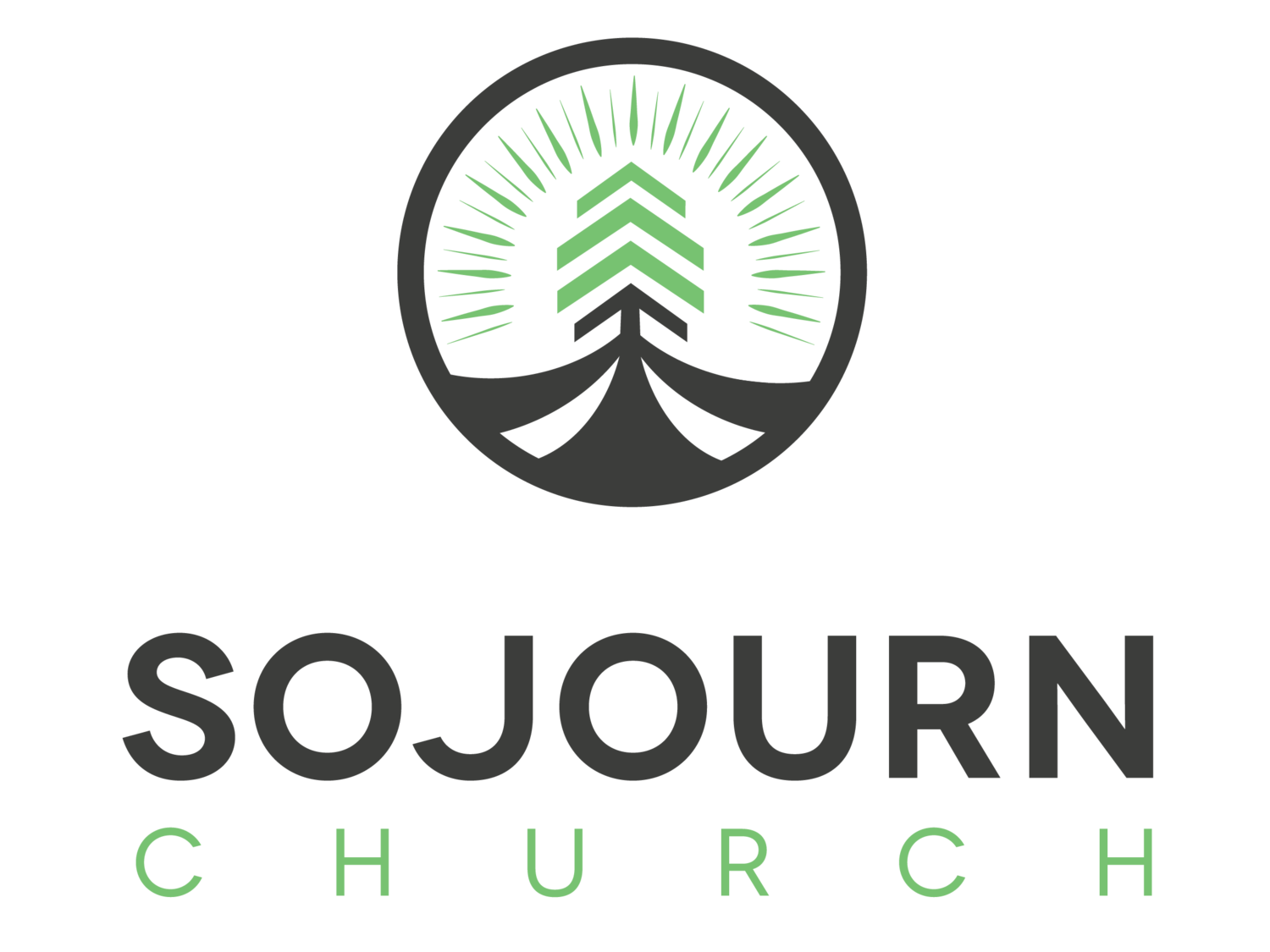“Yet these cannot redeem a person or pay his ransom to God—since the price of redeeming him is too costly….” (vv. 7-8)
There is one really compelling reason to not put your trust in wealth:
It cannot afford for you what you really need.
No amount of money, power, or property can satisfy your spiritual bankruptcy. We are dead in sin—and riches won’t revive us. You can’t even hope to buy a suitable sacrifice to cover your account.
These cannot redeem a person.
So our message is only ever Christ: He is our atonement, our gift, and our hope. He has satisfied the too-costly price of our redemption, paying it from heaven’s account, as an act of pure grace. The debt we could never pay—even if we had uncountable earthly resources—He has paid.
So don’t trust (and don’t chase!) worldly wealth. It cannot buy the hope you need. Instead, trust the One who covered your costly redemption.
— Tyler
